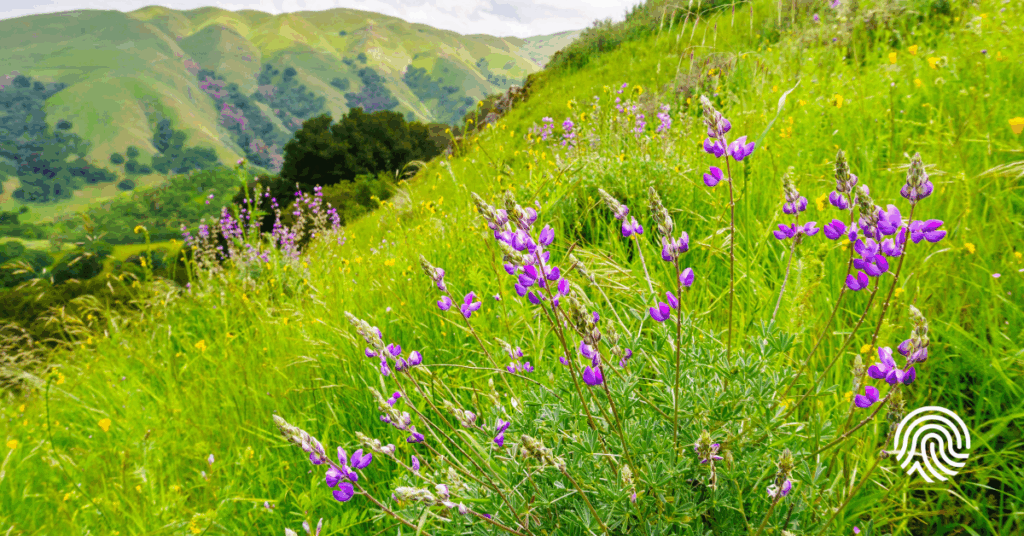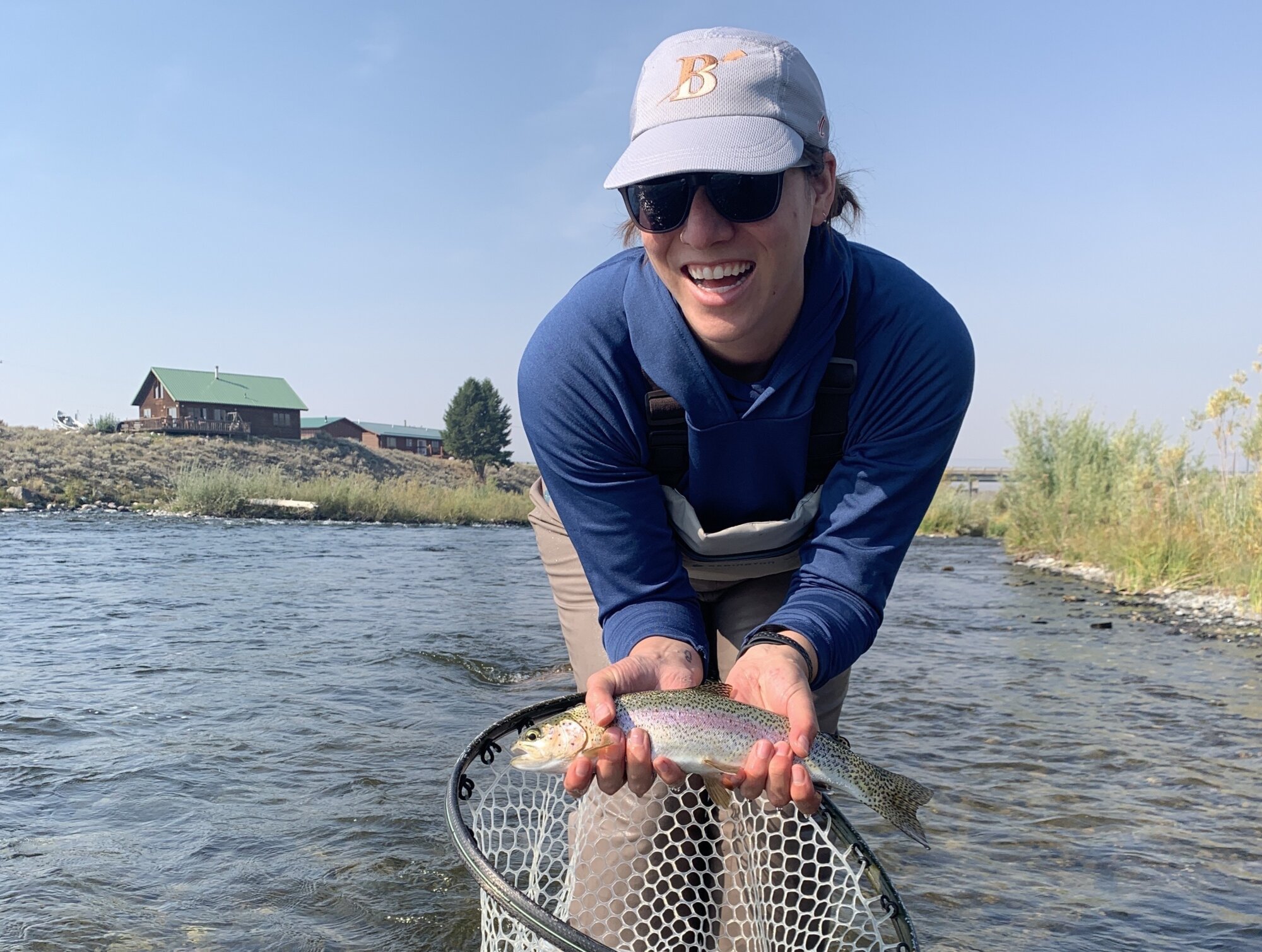WRA Staff Spotlight: California Naturalist Certification
July 28th is World Nature Conservation Day and we are celebrating in part as we congratulate Renata Robles on recently completing her California Naturalist certification! Renata provided some insight in to her six-month journey through the program, how she plans to leverage new skills in her work at WRA, and what she aspires to accomplish in the future as a certified California Naturalist.
Program Background
The program is offered through the University of California Division of Agriculture and Natural Resources, a statewide initiative that trains participants to become informed stewards of California’s diverse natural resources. Through a combination of classroom instruction, field trips, and hands-on learning, participants gain a deeper understanding of the state’s unique ecology, geology, climate, and biodiversity.
Courses are hosted by local organizations, such as nature centers, community colleges, and conservation groups, and are tailored to reflect the regional ecosystems and issues. Each course includes lectures from expert instructors, outdoor experiences, and a capstone project that allows participants to apply their knowledge through real-world context. Graduates also engage in citizen science and volunteer service, contributing directly to environmental research and conservation.
Upon completion, participants are certified as California Naturalists and become part of a growing network of environmental advocates and community leaders. The program encourages lifelong learning, connection with nature, and meaningful action to support resilient ecosystems. This certification offers a pathway to deeper involvement in protecting California’s environment.
Q&A
What inspired you to pursue the California Naturalist certification?
Renata: Much of my work with WRA takes place at the intersection of recreation and ecology. My background in planning has made me well-versed in the concepts and issues related to the human-centered design and experience of our open spaces. However, I wanted to gain a deeper understanding of ecology and establish a framework for learning about these topics. I saw that the naturalist program was being offered by Audubon Canyon Ranch, a conservation and education nonprofit based in Marin and Sonoma counties, and felt this was an organization that would be well-suited to my interests.
What were the most impactful things you learned during the course of the program?
Renata: The course was very wide-ranging, and getting to see into a window of entire worlds of knowledge I could pursue was eye-opening. Each session on a different topic felt like it could span years. I feel as though I now have entry points to infinite exploration of insect anatomy, kelp forest ecology, botany, or salmon habitat.
One of the more memorable field trips we took was with Don Jolly, who gave us a tour around Point Reyes and Tomales Bay to discuss geology. We visited multiple sites to examine the types of rock present at each location, observe the overall landscape of the area, and consider how environmental factors and time have influenced the landscape. The day was structured in such a compelling and interesting narrative that it felt like we were solving a mystery that spanned millennia, with the big finale being that the Point Reyes peninsula was sheared off granite in Southern California thousands of years ago! The day highlighted for me how using your curiosity to follow a line of questioning can totally transform the spaces you inhabit daily and give you a new perspective.
How has the certification enhanced your understanding of California’s ecosystems and biodiversity?
Renata: Becoming a naturalist has given me the tools to not only observe the ecosystems around me in greater detail, but also the skills and context to learn more about these ecosystems. Now when I am out on a field site or hiking in my free time and I come across something interesting, I know how to follow up on my questions and, perhaps more importantly, have an expanded community of people with which I can share the things I learn.
Bringing a naturalist’s perspective to environmental and open space planning will make my consideration of project possibilities be even more well-rounded. It has already made me better at evaluating the super site-specific considerations and how they relate to the broader setting of a project. I already feel I have a strong ecological understanding of the impacts of the decisions we are making about campground layouts and trail alignments for projects I’m actively working on.
Do you envision yourself volunteering with any organizations relevant to the certification program in the future?
Renata: My experience in this program pushed me to finally pursue something I had been considering for several years, which is to become a board member with the Friends of Sausal Creek (FOSC). FOSC does amazing work in habitat restoration and community engagement for the management of the Sausal Creek watershed in Oakland, which runs from the redwood groves in the hills down to the Oakland Estuary. I attribute my passion and interest in open space management and recreation ecology to being introduced to FOSC through my AP Environmental Science class in high school! I worked as a restoration intern for them in college and am excited to contribute my professional expertise and experience to the board.
What topics or issues do you hope to explore more deeply now that you have completed the certification?
Renata: I plan to continue exploring the interaction of different types of recreationists and local ecology. As more people get out in nature, we have to better align our management practices and recreation methods to the needs of plants and animals that inhabit those spaces and go further to find ways to enhance those ecosystems and leave it better than we found it. We also need to find ways to better document and evaluate the real vs. perceived impacts of recreation activities on different plant and animal species.
Also, tidepooling! I really enjoyed our field trip out to Duxbury Reef in Bolinas and would love to continue becoming acquainted with all the fun colorful critters that live in the intertidal zone.
How do you see the knowledge and skills you’ve gained contributing to a healthier environment for future generations?
Renata: I hope that by bringing this certification into both my professional work and personal interactions, I can provide spaces and experiences for people to create their own connections to all the amazing natural beauty we have here in California and inspire a curiosity about the places and creatures around us. I also hope that through forming their own relationship with nature, people can feel inspired to take action to improve our environment in some way, either in their own community or the natural spaces they love and visit. We are all connected through the natural world and have a shared responsibility to do our part to protect these resources for future generations. Whether it be volunteering at a trash pick up, doing trail maintenance, or becoming a docent to share your knowledge of a particular topic, there are an infinite number of ways to pay it forward and I plan to do that as a California Naturalist.
~~~
To learn more about the California Naturalist Program, visit the UCANR website. To learn more about how we Make a Positive Lasting Impression™ and opportunities to join our team, visit WRA’s Culture and Careers page.





